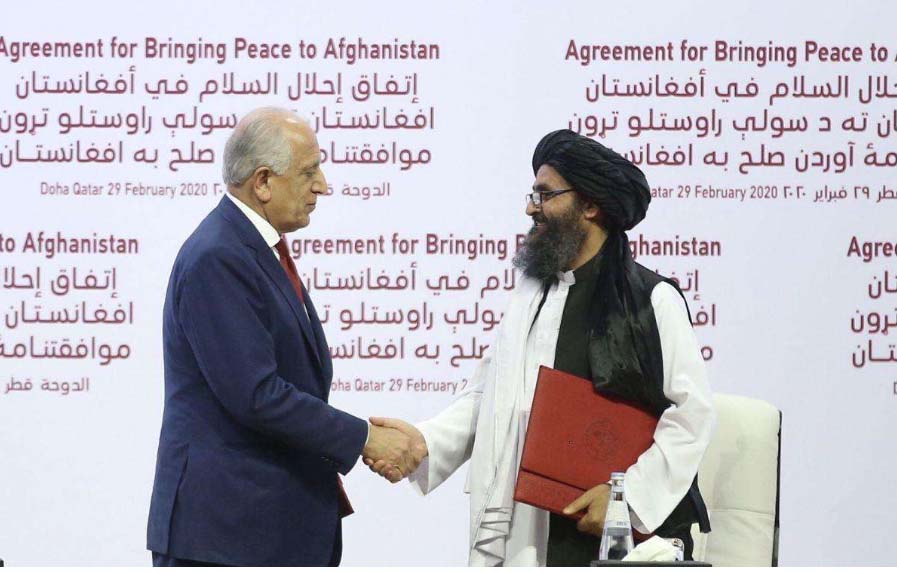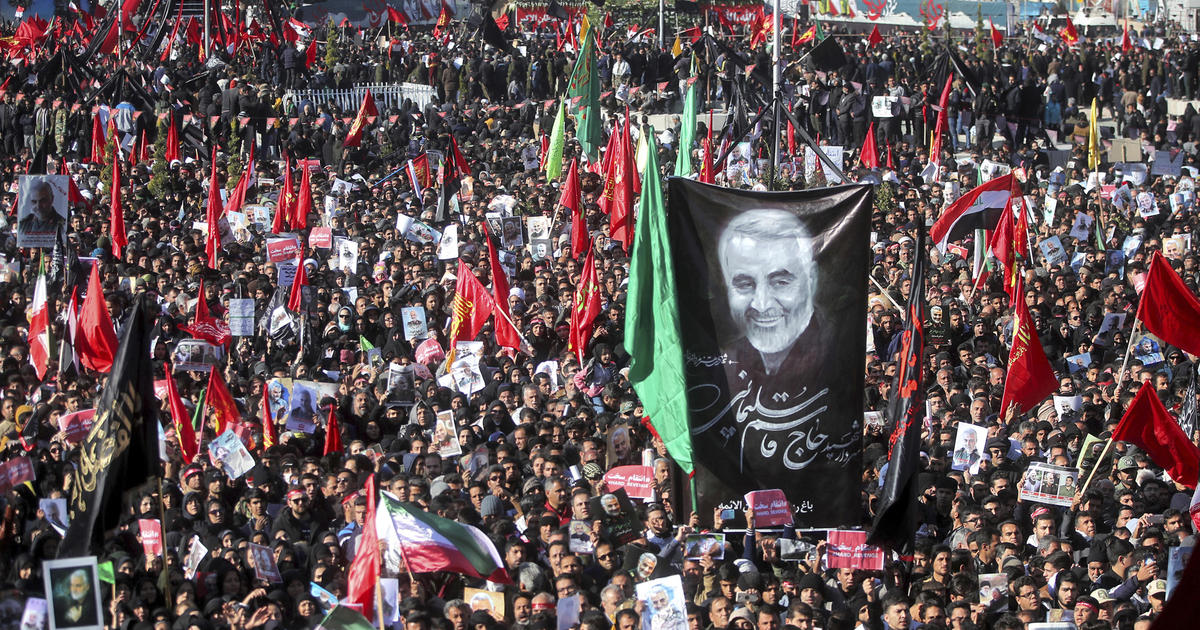He Wenping, Senior Research Fellow, Charhar Institute and West Asia and Africa Studies Institute of the China Academy of Social Sciences
Jul 12, 2022
Can the U.S. president accomplish his goals during his Middle East trip? Oil is the top priority, but the chance of success is perhaps 50 percent. Shaping an anti-Russia coalition won’t happen. Yet, Israel does offer some relatively low-hanging fruit.
Jin Liangxiang, Senior Research Fellow, Shanghai Institute of Int'l Studies
Jun 02, 2022
America wants to back away some, but not entirely, as the region has become an important geopolitical factor. So U.S engagement will be limited. With Eastern Europe and the Asia-Pacific in play, it cannot afford to add resources to the Arab region.

He Wenping, Senior Research Fellow, Charhar Institute and West Asia and Africa Studies Institute of the China Academy of Social Sciences
Mar 28, 2022
American policy in the Middle East has Saudi Arabia thinking about selling oil to China in Chinese yuan rather than U.S. dollars. The shift would weaken the dollar’s dominant position in the global oil market.
Jin Liangxiang, Senior Research Fellow, Shanghai Institute of Int'l Studies
Dec 17, 2020
Reestablishing order in the region must start with recognizing and defending sovereignty. While it is urgent that the incoming Biden administration address the Iran nuclear issue to forestall proliferation, regional order should be a top priority.
He Wenping, Senior Research Fellow, Charhar Institute and West Asia and Africa Studies Institute of the China Academy of Social Sciences
Dec 15, 2020
Iran is blaming Israel for the assassination, but its response has been restrained. It doesn’t want to provoke Trump into launching a last-minute attack on its nuclear facilities. But the guns are locked and loaded. When will the shooting begin?
He Wenping, Senior Research Fellow, Charhar Institute and West Asia and Africa Studies Institute of the China Academy of Social Sciences
Oct 09, 2020
Both the UAE and Saudi Arabia, with relatively young leaders, have the will to promote trade and military cooperation with Israel. But putting their national interests ahead of the broader interests of the Arab world may not play well in the long run.
Jin Liangxiang, Senior Research Fellow, Shanghai Institute of Int'l Studies
Sep 25, 2020
Two Arab states established relations with Israel in the name of peace, but the likely result will be more turmoil. Palestinians will feel ever more isolated, especially if the United States succeeds in getting more countries in the neighborhood to follow suit.

Wang Shida, Deputy Director of Institute of South Asian Studies, CICIR
Mar 10, 2020
Negotiations bring hope, but some doubt that the peace agreement can be implemented. Inside Afghnistan there are many variables, including the disputed release of Taliban prisoners, as well as suspicions about Ameri-ca’s true intentions.
He Wenping, Senior Research Fellow, Charhar Institute and West Asia and Africa Studies Institute of the China Academy of Social Sciences
Feb 19, 2020
Support for the Palestinians — or lack of it — from Arab states in the Middle East will determine whether, and how much, the latest one-sided Trump policy can be implemented.

Zhou Bo, Senior Fellow, Center for International Security and Strategy, Tsinghua University
Feb 03, 2020
Scholars speak of the old Chinese idea of wangdao — an enlightened and benevolent power. But this does not require China to become a new hegemon that someday replaces the United States. China can help the world by earning the trust of others.
Back to Top

- China-US Focus builds trust and understanding between the U.S. and China through open dialogue among thought leaders.
- Our Offerings
- Topics
- Videos
- Podcasts
- Columnists
- Research Reports
- Focus Digest
- Stay Connected
-
Thanks for signing up!
- Get the latest stories from China-US Focus weekly.